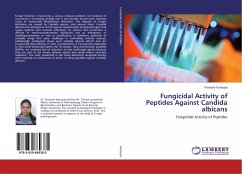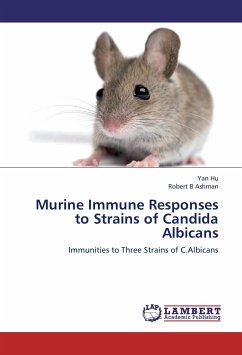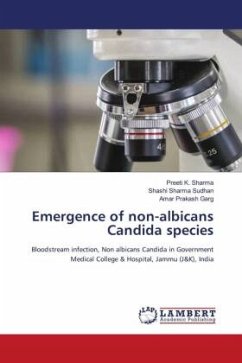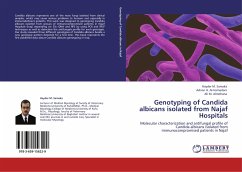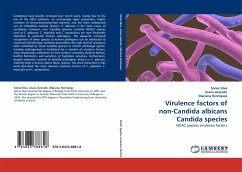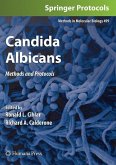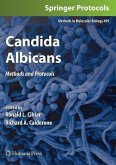Fungal infection is becoming a serious medical problem, its incidence of occurrence is increasing steadily and it has become fourth most common cause of nosocomial bloodstream infections. The majority of fungal infections are caused by Candida species, and among them, Candida albicans has emerged as most frequent opportunistic fungal pathogen that causes systemic and mucosal infections. Its control and prevention is difficult in immunocompromised individuals due to emergence of multidrug-resistance as well as insufficiency in inhibitory potential of available drugs that pose challenge in controlling invasive mycosis. Additionally, antimycotic drugs exert multiple adverse effects and are occasionally dose limiting. In such circumstances, it has become imperative to find novel antifungal agent and its targets. Host antimicrobial peptides (AMPs), are receiving lots of attention as new antifungal agents because they are part of our innate defense system and rarely induce microbial resistance. The work presented in this book illustrated fungicidal activity with emphasis on mechanism of action of these peptides against Candida albicans.
Bitte wählen Sie Ihr Anliegen aus.
Rechnungen
Retourenschein anfordern
Bestellstatus
Storno

